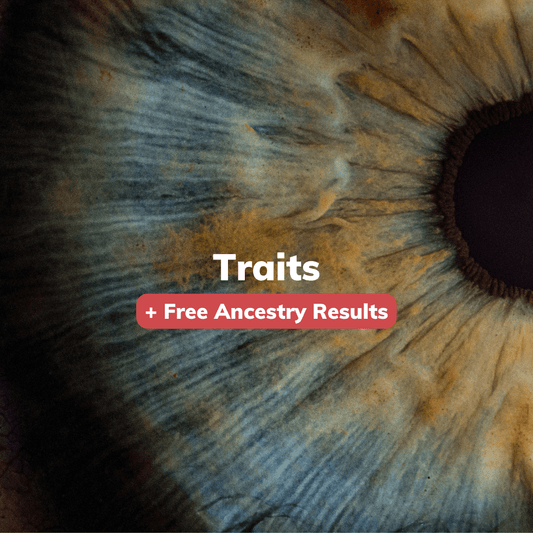
Alcohol intake
Celine HaarhoffGenes can influence an individual's propensity to drink larger amounts of alcohol.
Symptoms of a genetic predisposition to higher alcohol intake can include an increased desire for alcohol, difficulty in controlling alcohol intake, and withdrawal symptoms when alcohol is not consumed. These symptoms can lead to a range of alcohol-related health problems, including liver damage, heart disease, and an increased risk of certain types of cancer.
A genetic test can help to determine whether an individual is genetically predisposed to higher alcohol intake. This test involves analyzing an individual's DNA to identify specific genes associated with binge drinking or a greater number of drinks consumed per day and subsequent alcohol dependence.
The results of a genetic test can be used to guide treatment and prevention strategies. For individuals who are found to be at high risk of alcohol dependence, a genetic test can provide valuable information that can be used to help them make informed decisions about their alcohol intake.
For example, a person genetically predisposed to high alcohol intake may decide to limit their alcohol consumption or seek help from a healthcare provider to manage their alcohol intake.
Overall, genetic testing for alcohol intake can provide valuable information that can be used to help individuals make informed decisions about their alcohol consumption. By identifying individuals at an increased risk of developing alcohol-related health problems, a genetic test can help prevent the development of these problems and improve overall health.


